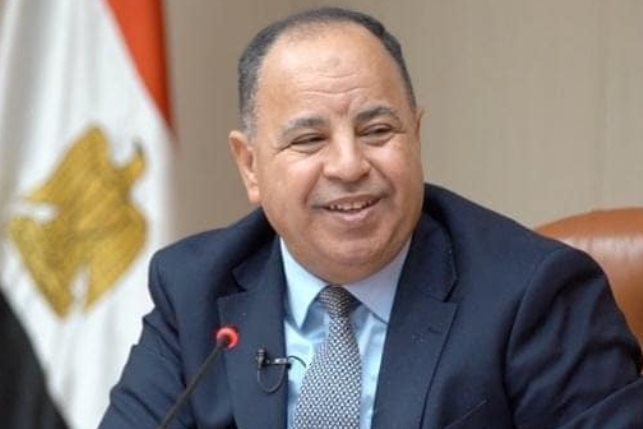Egypt seeks IMF support to implement new program amid economic uncertainty
A set of macroeconomic and structural policy measures would cushion the Egyptian economy from shocks, protect the vulnerable, and maintain the country’s flexibility and growth prospects in the medium term, said the IMF

Amid global challenges presented by the ongoing Russia-Ukraine conflict, Egypt has officially requested support from the International Monetary Fund (IMF) to implement a comprehensive economic program, the IMF announced on Wednesday, without revealing further details.
“The rapidly changing global environment and spillovers related to the war in Ukraine are posing important challenges for countries around the world, including Egypt,” said the IMF’s mission chief for Egypt Celine Allard.
The Egyptian cabinet revealed that the program may include additional funding for Egypt to absorb shocks to the economy.
“The global economy, especially emerging economies, is currently exposed to simultaneous external shocks, represented by an unprecedented rise in the prices of goods and services and the high cost of financing in light of the fact that many global central banks have increased their interest rates to curb rising inflation,” Cabinet Spokesman Nader Saad said.
Allard added that a set of macroeconomic and structural policy measures would cushion the Egyptian economy from shocks, protect the vulnerable, and maintain the country’s flexibility and growth prospects in the medium term.
“To this end, the authorities’ recent actions to expand targeted social protection and implement exchange rate flexibility are welcome steps. Continued exchange rate flexibility will be essential to absorb external shocks and safeguard financial buffers during this uncertain time. Prudent fiscal and monetary policies will also be needed to preserve macroeconomic stability,” she further noted.
Egypt has recently lowered its expectations for the country’s real GDP growth in the upcoming fiscal year of FY2022/2023, after the Monetary Policy Committee’s raising of interest rates and subsequent devaluation of the Egyptian pound earlier this week.
“The Egyptian state’s priorities during the current period is represented in the rapid adoption of various policies and measures that guarantee the stability of the economic and financial conditions of the country,” Saad said.
The conflict has had significant impact on the local economy, including contributing to the continued rising of the prices of energy, food commodities and minerals, as well as the increasing state of uncertainty and panic among investors, which led to the decline or end of their investments from many emerging countries, Saad pointed out.
“Staff is working closely with the authorities to prepare for program discussions with a view to supporting our shared goals of economic stability and sustainable, job-rich, and inclusive medium-term growth for Egypt,” explained the IMF.
Allard noted that the IMF is in discussions with Egyptian authorities for a new program with a view to supporting the shared goals of economic stability and sustainable, job-rich, and inclusive medium-term growth for Egypt.
Egypt is currently implementing its second wave of reforms, focusing on structural reforms across all the state's sectors.





